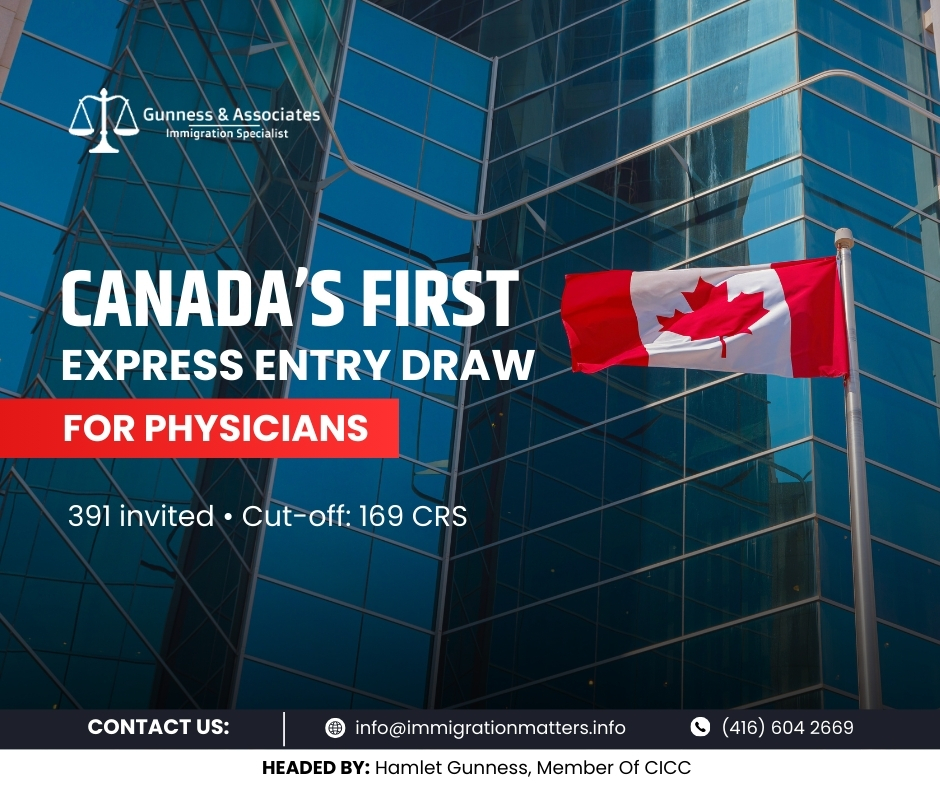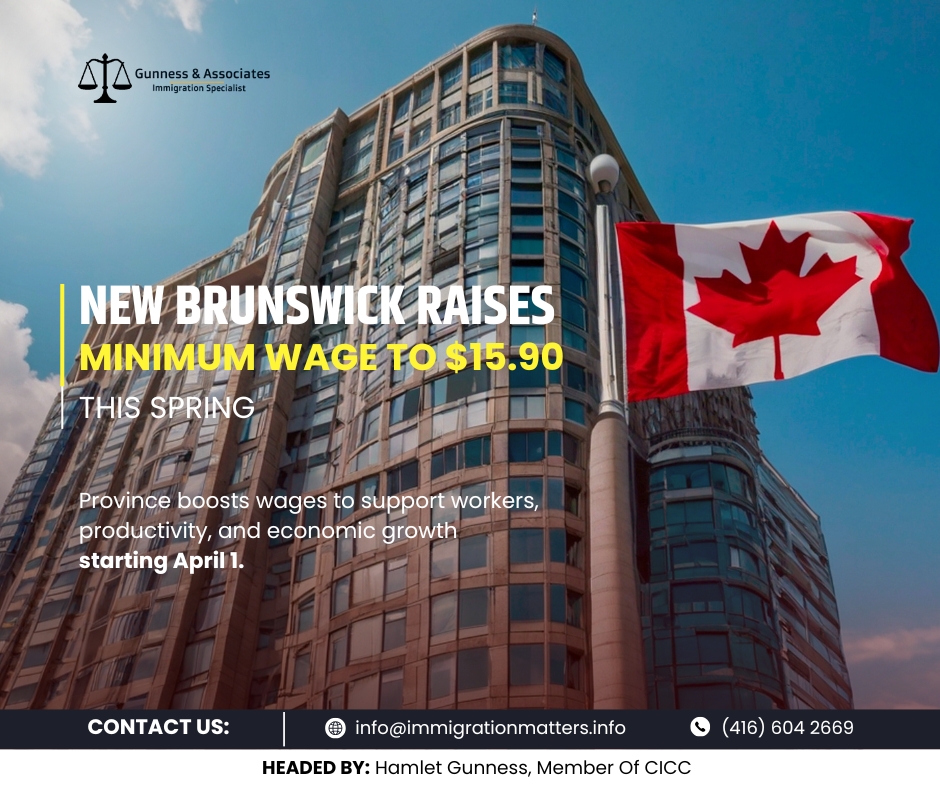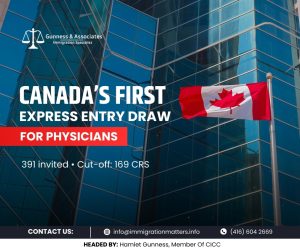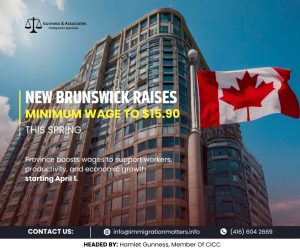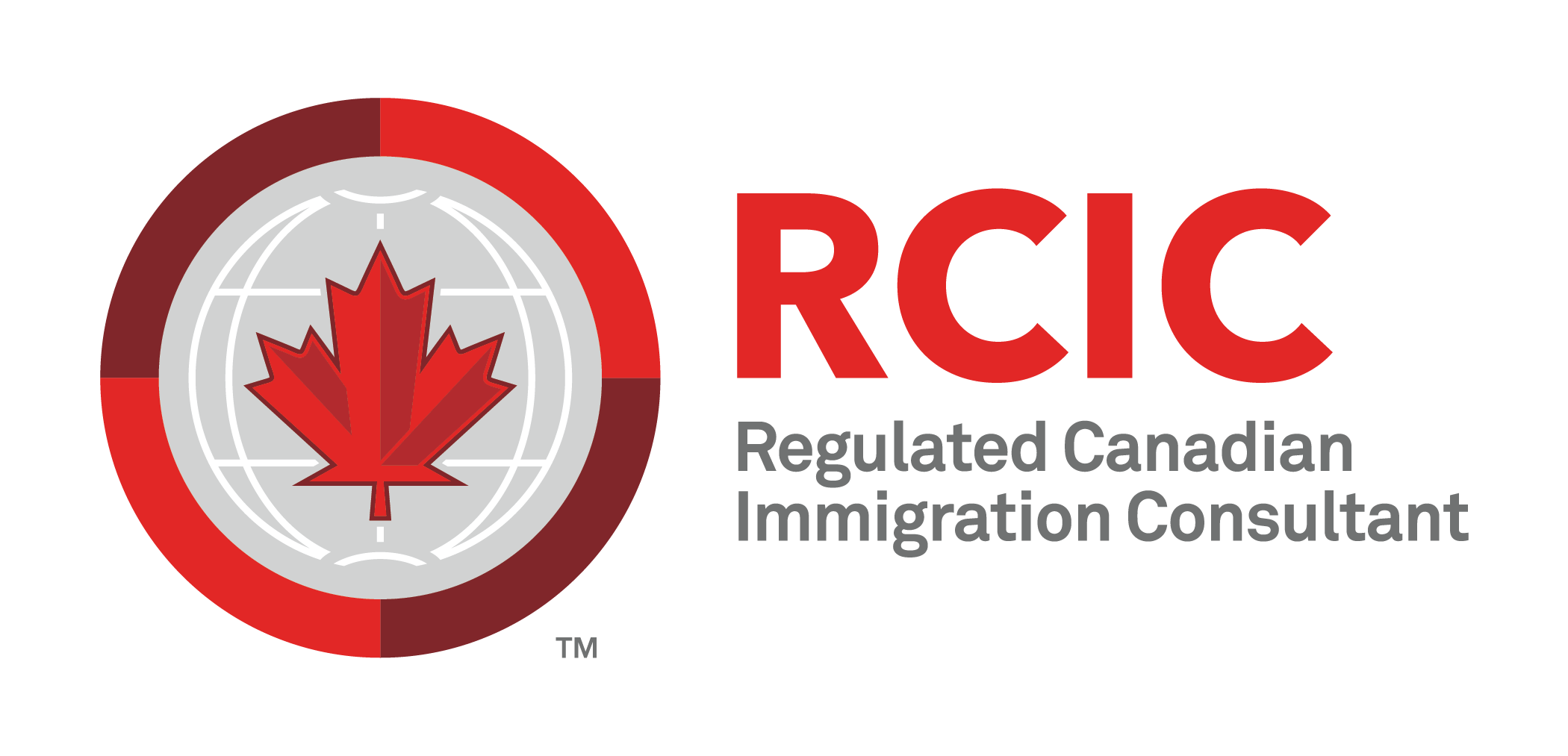Canadian provinces to Welcome more immigrants via PNPs
February 22, 2025
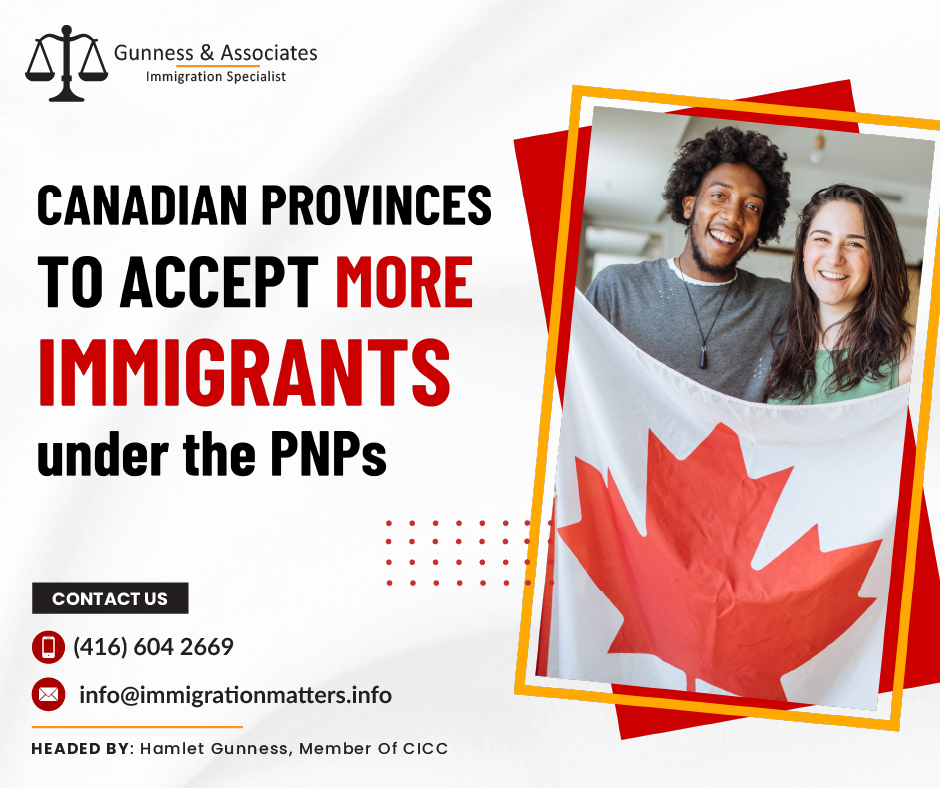
Canadian provinces Welcome more immigrants via PNPs, Canada expects to accept more newcomers through provincial nominee programs (PNPs) in the coming years. This year, Canada provided provinces with multi-year allocation plans for the first time. The plan includes an unprecedented 44 percent growth in PNP allocations for 2023 and offers potential numbers for 2024 and 2025.
Despite the Federal Government’s decision not to release the Multi-Year Allocation Plan publicly, many provinces have taken matters into their own hands and made these allocations available on their websites. Alberta, Manitoba, Saskatchewan, and Alberta have already provided their PNP allocations for the following years.
Canada expects to accept more newcomers through provincial nominee programs (PNPs) in the coming years. This happens at a time when it is expected that over 105,000 immigrants will come to Canada through the PNP each of the next three years. In fact, according to the Immigration Levels Plan 2023–2025, 105,500 Canadian immigrants will come to the country under the PNP this year and 117,500 are expected to do so by 2025.
Details of Provinces to Welcome more immigrants via PNPs
One of the provinces that just revealed the number of nominations it anticipates this year and in the years to come is Alberta. Alberta will be able to present 9,750 nominees in 2023 as compared to 6,500 in 2022. The province expects to be able to issue 10,140 nominations in 2024 and 10,849 nominations in 2025 following it.
Also revealing its allocations for 2023 is Manitoba, which claimed a 50% rise to 9,500 nominations.
Saskatchewan received 7,250 nominations, the most it has ever received. According to the province, this rise will result in 18,000 newcomers, including nominees, their spouses, and dependents, this year. In 2024 and 2025, accordingly, Saskatchewan expects 8,000 and 8,500 nominees.
PNPs Multi-Year Allocation Plan
The Canadian Museum of Immigration in Halifax, Nova Scotia held a meeting of the Forum of Ministers Responsible for Immigration (FMRI) on March 10, 2022, to continue discussions on the future of immigration in Canada. The progress made in improving the capacity of Canada’s immigration system to meet economic and regional needs pleased the ministers, who focused on promoting collaborative efforts to tackle pan-Canadian immigration priorities.
Ministers discussed ways to speed up the application processing process, reduce duplication, and give provinces and territories greater authority over provincial nominee programs (PNPs) as a follow-up to the July meeting. The economic immigrant selection was also a subject of discussion. The first-ever multi-year allocation plan of IRCC, which calls for an exceptional 44% increase in PNP allocations for 2023, was warmly welcomed by ministers. Also, the plan includes notional allocations for 2024 and 2025.
PNP Programs
For those who want to immigrate to a specific Canadian province or territory, the provincial nominee programs (PNPs) offer a pathway to permanent residence in Canada. Every province and territory in Canada has its own PNP that corresponds to its own economic and demographic needs.
This program is for workers who:
- have the skills, education, and work experience needed to boost the economy of a specific province or territory
- want to live in that province and
- want to become permanent residents of Canada
Want to know more details about “Canadian provinces to Welcome more immigrants via PNPs” you can contact one of our immigration specialists at Gunness & Associates.
Tel: (416) 604-2669
Email: info@immigrationmatters.info
Gunness & Associates has helped thousands of people successfully immigrate to Canada with their families. Our skilled and experienced immigration experts have the expertise to accurately examine your case and advise you on the best method of proceeding to best serve your needs.
For honest and straightforward advice, contact the experts
Get a free Assessment
Join our newsletter and get up-to-date immigration news Click here
All rights reserved ©2022 Gunness & Associate

